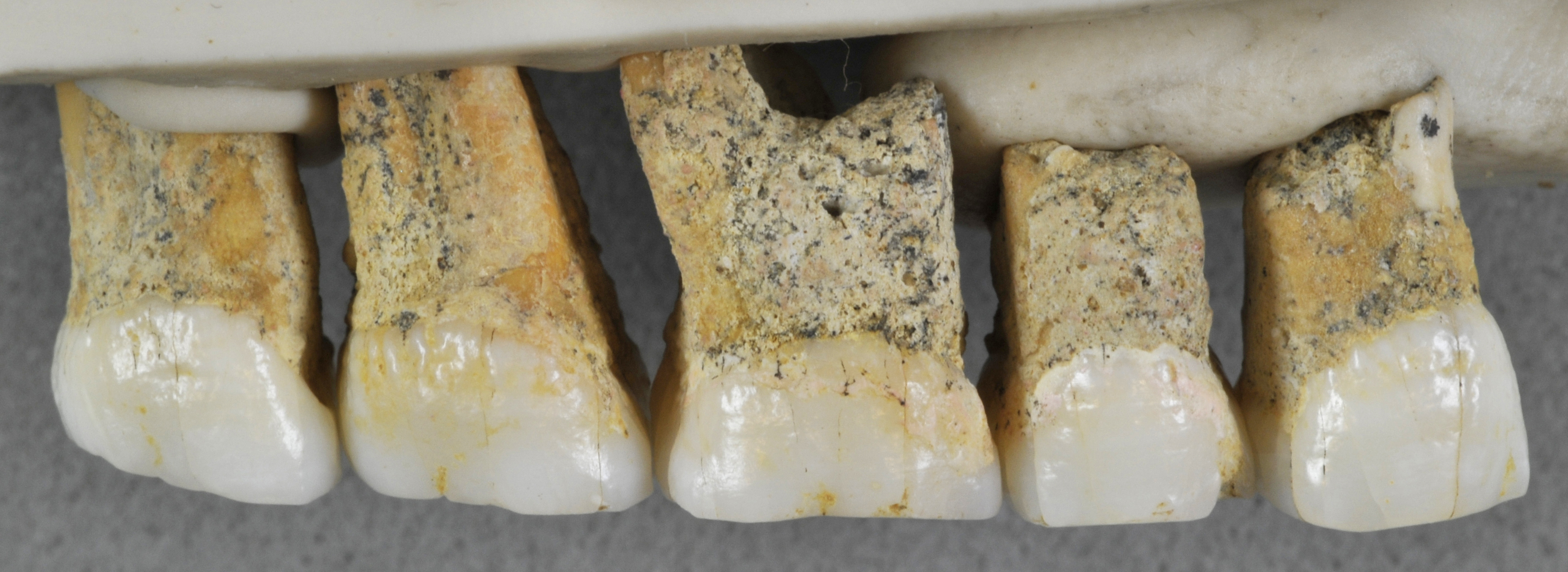Scientists discovered a new species of ancient humans in the Philippines


Evolutionary history just got a bit more complex.
A paper published in the journal Nature on Wednesday revealed that scientists have discovered what they believe is a new species of ancient human on the island of Luzon in the Philippines.
The specimen, known as Homo luzonensis, was found in a cave following an excavation process that took three years to complete. Researchers reportedly did not find a complete skeleton, but rather seven teeth, two hand bones, three foot bones, and one thigh bone, which are believed to belong to two adults and one child.
The Week
Escape your echo chamber. Get the facts behind the news, plus analysis from multiple perspectives.

Sign up for The Week's Free Newsletters
From our morning news briefing to a weekly Good News Newsletter, get the best of The Week delivered directly to your inbox.
From our morning news briefing to a weekly Good News Newsletter, get the best of The Week delivered directly to your inbox.
Still, experts have been able to glean significant information from the fragments, which date from between 50,000 and 67,000 years ago. For instance, the small size of the teeth suggests these humans were shorter than four feet tall, The Guardian explains, and the presence of a curved toe bone indicates the species may have been well adapted to climbing trees.
The Wall Street Journal reports the discovery also brings a region of the Pacific, which scientists long believed a "backwater of evolution," into "the mainstream of early human development." All told, the discovery adds another layer to the complexity of human evolution, as it lends credence to the idea that there were multiple distinct human species alive simultaneously after emergence of Homo sapiens.
Questions remain about how the humans arrived at Luzon. One possibility is "early humans set out to sea intentionally on some form of raft," The Guardian reports, though they also could have been washed to the area by a natural event such as a tsunami. While the latter hypothesis is currently favored by many scientists, there is a growing case for the possibility that ancient humans had a more purposeful settlement plan on islands in Southeast Asia.
A free daily email with the biggest news stories of the day – and the best features from TheWeek.com
Tim is a staff writer at The Week and has contributed to Bedford and Bowery and The New York Transatlantic. He is a graduate of Occidental College and NYU's journalism school. Tim enjoys writing about baseball, Europe, and extinct megafauna. He lives in New York City.
-
 Gabbard faces questions on vote raid, secret complaint
Gabbard faces questions on vote raid, secret complaintSpeed Read This comes as Trump has pushed Republicans to ‘take over’ voting
-
 Which way will Trump go on Iran?
Which way will Trump go on Iran?Today’s Big Question Diplomatic talks set to be held in Turkey on Friday, but failure to reach an agreement could have ‘terrible’ global ramifications
-
 High Court action over Cape Verde tourist deaths
High Court action over Cape Verde tourist deathsThe Explainer Holidaymakers sue TUI after gastric illness outbreaks linked to six British deaths
-
 Blue Origin launches Mars probes in NASA debut
Blue Origin launches Mars probes in NASA debutSpeed Read The New Glenn rocket is carrying small twin spacecraft toward Mars as part of NASA’s Escapade mission
-
 Dinosaurs were thriving before asteroid, study finds
Dinosaurs were thriving before asteroid, study findsSpeed Read The dinosaurs would not have gone extinct if not for the asteroid
-
 SpaceX breaks Starship losing streak in 10th test
SpaceX breaks Starship losing streak in 10th testspeed read The Starship rocket's test flight was largely successful, deploying eight dummy satellites during its hour in space
-
 Rabbits with 'horns' sighted across Colorado
Rabbits with 'horns' sighted across Coloradospeed read These creatures are infected with the 'mostly harmless' Shope papilloma virus
-
 Lithium shows promise in Alzheimer's study
Lithium shows promise in Alzheimer's studySpeed Read Potential new treatments could use small amounts of the common metal
-
 Scientists discover cause of massive sea star die-off
Scientists discover cause of massive sea star die-offSpeed Read A bacteria related to cholera has been found responsible for the deaths of more than 5 billion sea stars
-
 'Thriving' ecosystem found 30,000 feet undersea
'Thriving' ecosystem found 30,000 feet underseaSpeed Read Researchers discovered communities of creatures living in frigid, pitch-black waters under high pressure
-
 New York plans first nuclear plant in 36 years
New York plans first nuclear plant in 36 yearsSpeed Read The plant, to be constructed somewhere in upstate New York, will produce enough energy to power a million homes
